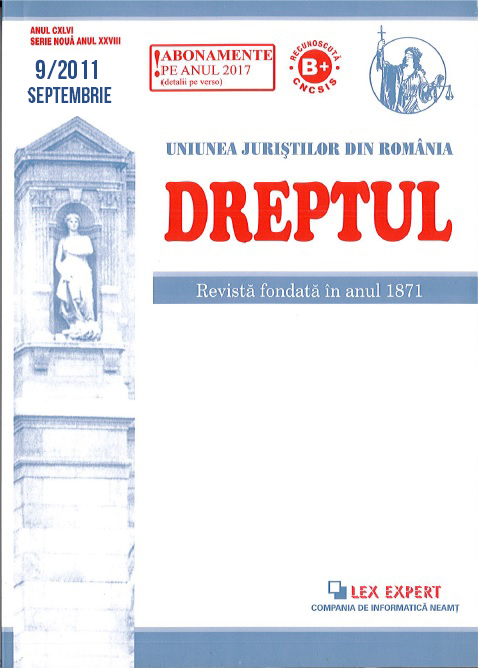The authors look at the equipollence principle – related to the moment when the period for the enforcement of a mechanism of redress starts to run – mostly in terms of the case law. Starting from the publication, a short time ago, of the decision issued in a case by the Criminal Section of the High Court of Cassation and Justice, note is taken of the fact that the case law of the supreme judicial authority in criminal matters has varied in this respect in time, starting by the acceptance and enforcement of this principle, followed by the denial of its applicability, and then by its re-enforcement. As regards the same principle, the judicial practice of the High Court of Cassation and Justice in the civil trial-related matter is unitary and constant, meaning that the equipollence theory strictly applies to the cases expressly regulated by law, and no cases when equipollence is also applied for other assumptions as well are identified. The conclusion is that the inconsistencies between the criminal and civil trial-related matters in terms of legislative, doctrine-related and case law approach of this principle, underlined throughout the analysis, should be eliminated both by legislative amendments and by judicial practice unification mechanisms.


